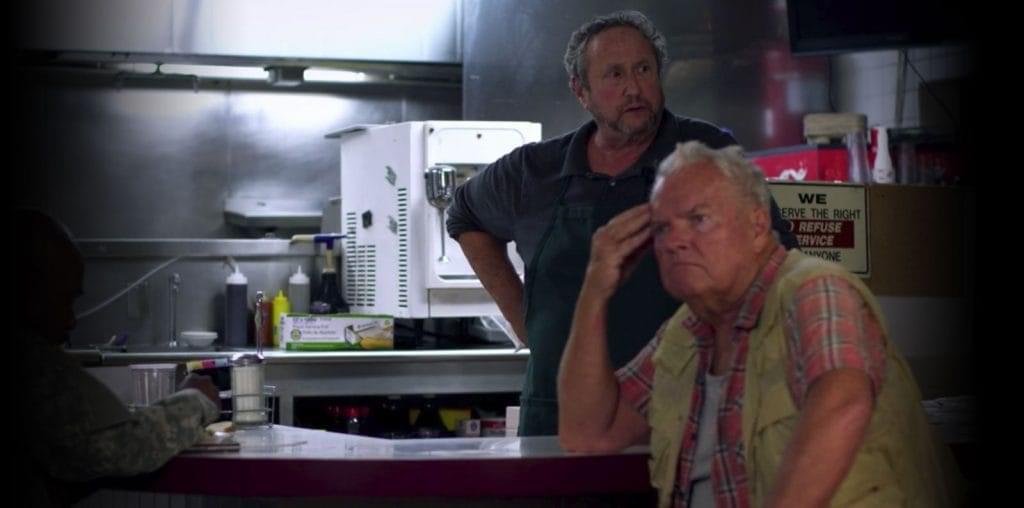
Regardless of his or her swimming skills, if you throw a person into a large body of water, self-preservation kicks in and that person will struggle to stay afloat. Similarly, no matter the level of a person’s analytical skills, when a film thrusts him in the middle of its story, a person works hard to make sense of the scenario. The film capitalizes on his efforts, easing psychological identification with the main character—faults and all. Jacques Audiard’s drama “The Beat That My Heart Skipped” exemplifies this kind of film.
Thomas Seyr (Romain Duris) and his two friends Fabrice (Jonathan Zaccai) and Sami (Gilles Cohen) are in the not-entirely-legal real estate business. They run low-income housing tenants out of their homes and sell the apartment buildings to clients. Releasing rats, the cutting off of water and electricity, and the occasional baseball bat are involved in the eviction process. Fewer than fifteen minutes into the film and already Thomas has not made a very good impression. He’s not the kindest guy, definitely too frank; his occupation is dodgy, but you want to know more about him, which is what happens when you’re plunged into the narrative and you must sort out who is who, what they’re doing and why. When these details become known, Audiard’s film reveals a side of Thomas that causes you to re-evaluate your opinion of him: he plays the piano. In fact, his mother was a concert pianist and a chance encounter he has with her agent rekindles his desire to pursue a more disciplined piano-playing regimen.
Thomas hasn’t seriously played the instrument in a decade and in order for him to know where he stands in terms of technique, he needs a teacher. He goes to the conservatory to unwelcoming ears. A Chinese student tells Thomas a friend of his that has just come to Paris would be willing to help. Through the generosity of this stranger, Thomas finds his teacher, Miao Lin (Linh Dan Pham). Once the piano element of the story is introduced, the film examines the impact that this musical activity has on our realtor’s life. Sami and Fabrice accuse Thomas of growing careless and loopy, as if becoming a concert pianist is a realistic dream that is worth jeopardizing their livelihoods. Despite his frustrations of not improving as quickly as he would like, Thomas views the piano as a stress reliever. He realizes it has affected his “priorities,” but he doesn’t care. His moral character is questionable and as informal “rent enforcer” for his landlord father Robert (Niels Arestrup), he is also not against resorting to violence. Perhaps with the exception of hurting people, Thomas is the model of a human being—self-contradictory, not completely mean, not completely bereft of sympathy.
Audiard tosses you in the midst of Thomas’s story confident that you can keep yourself from sinking. Fortunately for both the director and you, not only do you float but you find yourself in a film worth swimming.
